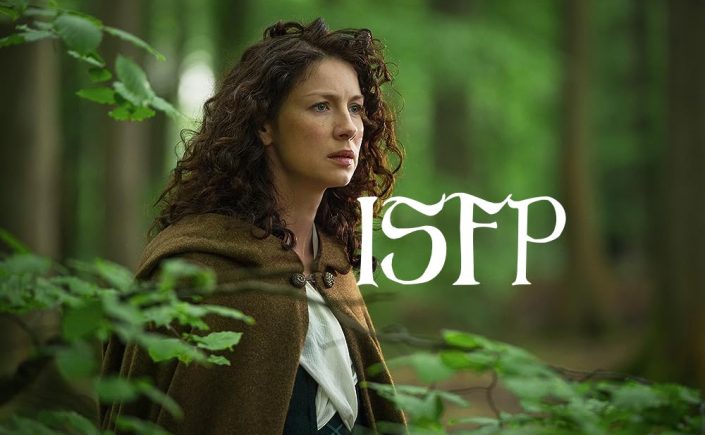Guest Post by Anonymous, ENTP
Dominant Introverted Feeling (Fi): Lynch talks a lot about his personal vision when making movies and he stands by this vision, if a film cannot be made in the way he wants it then he will leave production. Lynch was given the chance to direct the Return of the Jedi by George Lucas but turned it down as he said that the film would more Lucas’ vision than his own. Lynch seems to understand his emotions well because he is usually able to talk about feelings he has experienced as examples to audiences during question time. He also made the comic series The Angriest Dog in the World at a time when he was personally feeling great anger. Lynch enjoyed painting and arts when in school and once considered it as a career choice before turning to films. Lynch never tells the meaning of his films as he wants people to have their own interpretation of it [FiNe]. David Lynch’s characters are usually individualistic in most ways as they all have their own quirks and are typically idiosyncratic to the viewers making them not relatable on a universal level and this makes his films hard to watch for some.
Continue reading















You must be logged in to post a comment.